A Roster of MLB All-Stars Helped Raise Awareness for Prostate Cancer
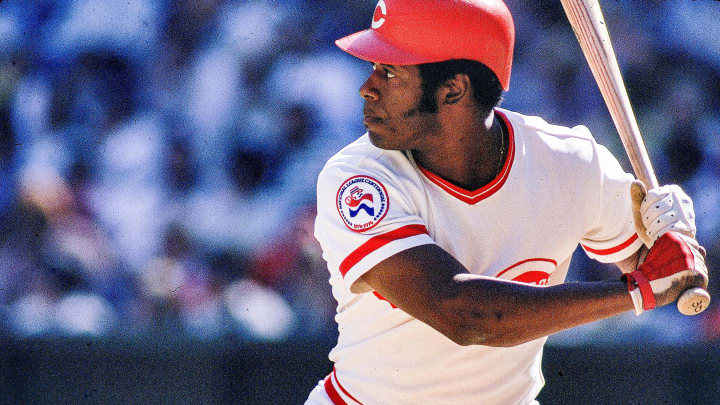
In a 1973 article for The New York Times, the late Jim Bouton, nominally a pitcher for the Yankees but better known as the author of Ball Four, took a look at Bang the Drum Slowly, a popular film that had come out that year about a major league catcher who was dying of leukemia. Bouton, who drew fame and acrimony in equal measure for Ball Four’s eyes-wide-open look at the game he played, generally liked the film but made gentle fun of its sentimental tone. (Robert De Niro played the dying catcher in a role that immediately preceded Mean Streets, The Godfather: Part II and Taxi Driver, a nice little trifecta right there).
“Well, there's a fellow in the big leagues right now who's reported to have leukemia,” wrote Bouton. “I don't know for sure, but I wouldn't be surprised if the players call him ‘Luke.’ ”
That seemed in keeping with the climate of sports locker rooms in those ancient days when sensitive topics, such as men’s health and sexuality, were either discussed insensitively or, more likely, not discussed at all. Certainly prostate cancer was on the verboten list, involving as it does issues of incontinence and sexual viability.
But that has changed. And while it’s impossible to isolate one single reason that men, even men in locker rooms, now talk more freely about personal health, it was the willingness of several well-known figures in the sports world to talk about their personal experiences with prostate cancer that helped bring it about.
Foremost among them was the late golfer Arnold Palmer, then, as now, one of our virile cultural heroes, who shortly after his 1997 prostate cancer treatment openly discussed his diagnosis, surgery and aftereffects. He advised men to get PSA screenings and eventually helped establish the Arnold Palmer Prostate Center in Palm Springs. (Palmer remained an advocate for fighting the disease until his death in 2016; three years earlier I had interviewed Palmer for my book about my experience with prostate cancer. We had our excised prostates in common; there was nothing similar about our golf games.)
Other sports stars and notable men in other fields (among them Colin Powell, Kareem Abdul-Jabbar, John Kerry, Warren Buffett, Nelson Mandela and, as a matter of fact, De Niro himself), began to tell their own stories about the disease, and these days the topic is in the open, blessedly so because prostate cancer still kills about 34,000 men per year and is the most common cancer in U.S. males besides skin cancer. It affects about one in seven Black males and about one in eight white people.
In the sports world it seems to have a particular connection to baseball, which has put prostate cancer awareness front and center. In fact, one could put together a representative all-star team of baseball players who have survived the disease, and, to one degree or another, talk publicly about it. And so, as we enter the home stretch of the MLB season—in September, which is also officially Prostate Cancer Awareness Month—consider this roster, complete with batting order. (I’ve always loved making batting orders.)
Davey Lopes, 2B
Four-time All-Star; solid fielder, great base-stealer, classic leadoff man.
Diagnosed and treated for prostate cancer in 2008.
Andre Dawson, LF
Eight-time All-Star who is the greatest all-time Montreal Expo. The Hawk hit with power and also had great speed.
Diagnosed and treated in 2012. Talked openly about the importance of getting tested and revealed that his brother tested positive for the disease before the age of 40.
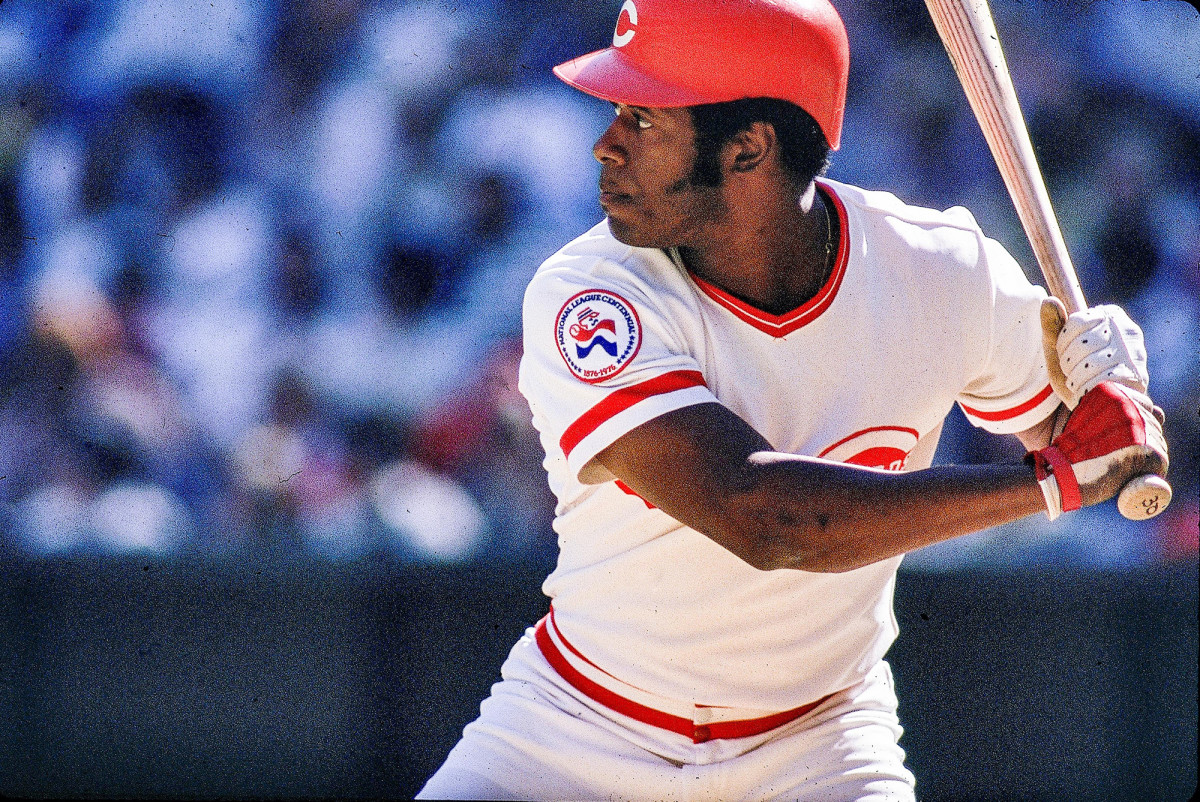
Ken Griffey Sr., CF
Three-time All-Star and key member of Cincinnati’s Big Red Machine in the 1970s. He and Ken Jr. are the first father and son to play on the same team (the Mariners in '90), and on Sept. 14 that year they hit back-to-back home runs, still a singular occurrence.
Diagnosed in 2006. Together the Griffeys speak openly about the importance of testing because of a significant family history of the disease. To date, the son has not had prostate cancer.
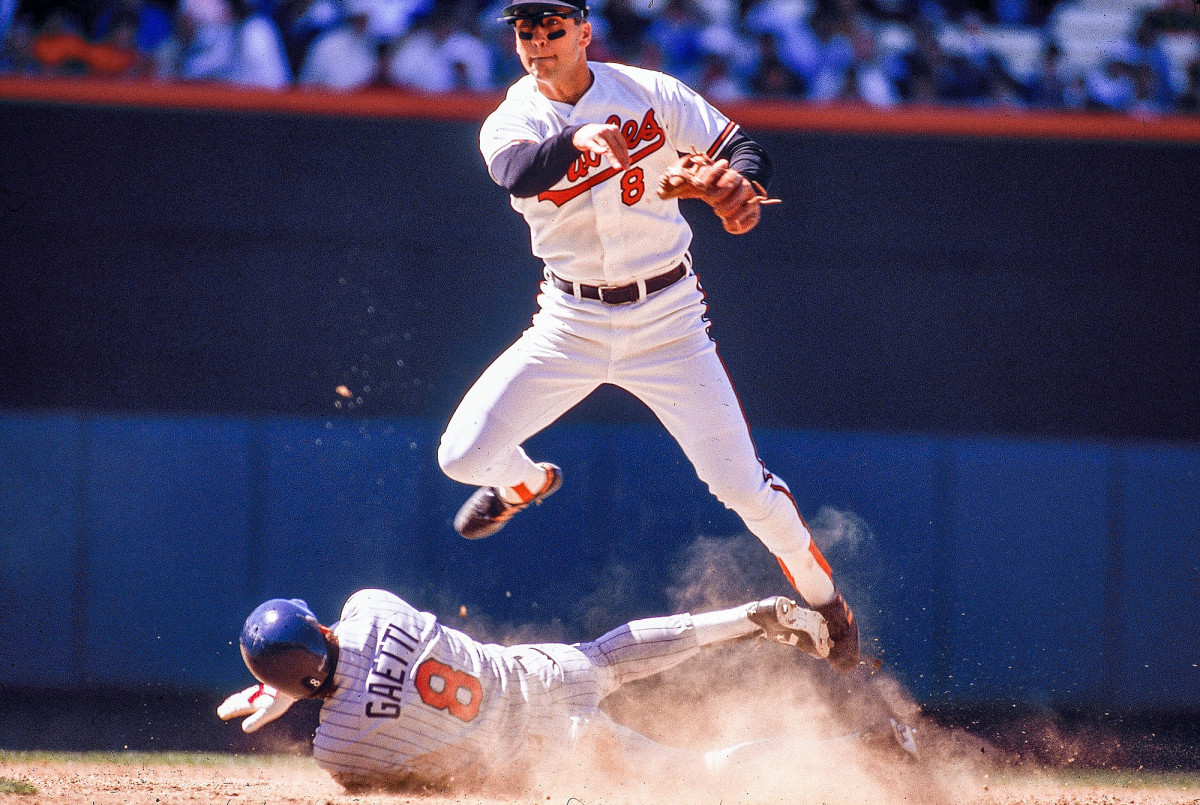
Cal Ripken, SS
Hall of Famer and 19-time All-Star best known for his record 2,632 consecutive games played.
Diagnosed and treated in 2020. Probably played catch the next day.
Carlton “Pudge” Fisk, C
Hall of Famer and 11-time All-Star known for “waving” his shot into a fair-ball home run at Fenway Park in the memorable Game 6 of the 1975 World Series against Cincinnati.
Diagnosed and treated in 2005. Said he regretted missing watching the World Series that year because of his surgery.
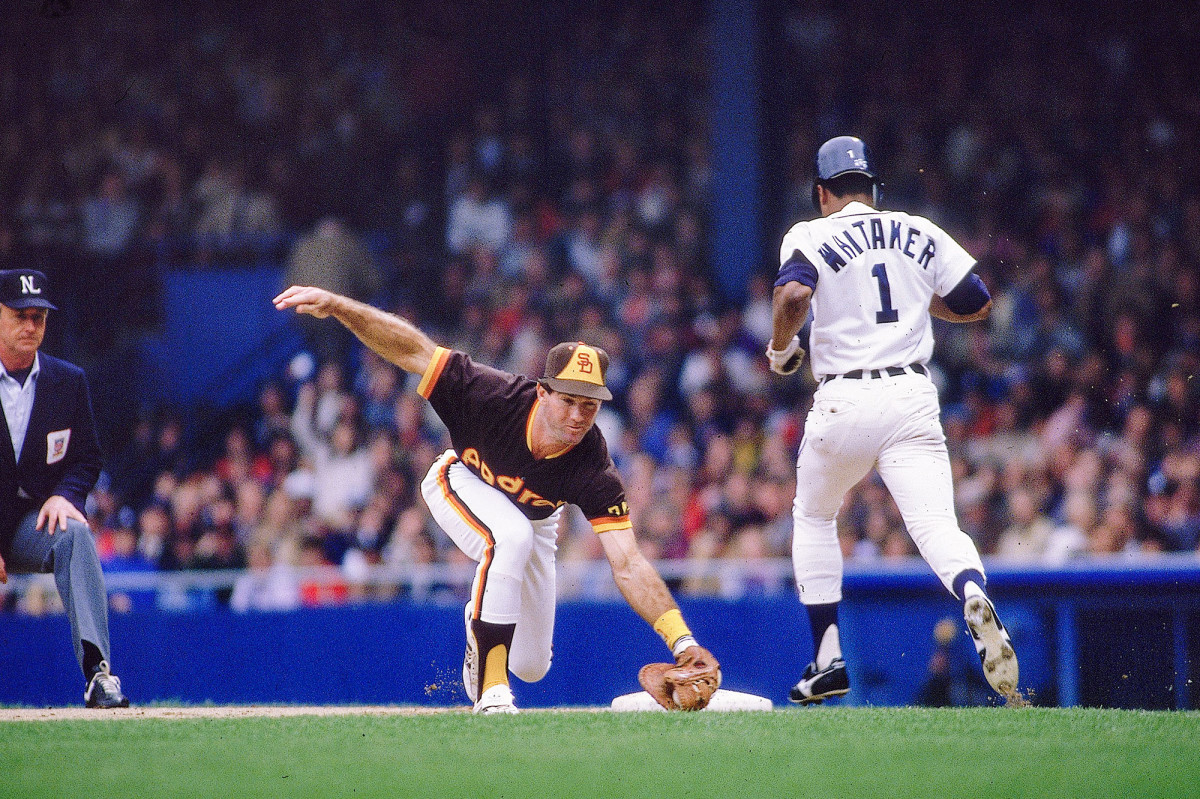
Steve Garvey, 1B
Ten-time All-Star and somewhat the Ripken of the National League—he holds the NL record for consecutive games played at 1,207. Gold Glover, too.
Diagnosed and treated in 2012. Has served as chairman of the board for a prostate cancer awareness group called Fans for the Cure.
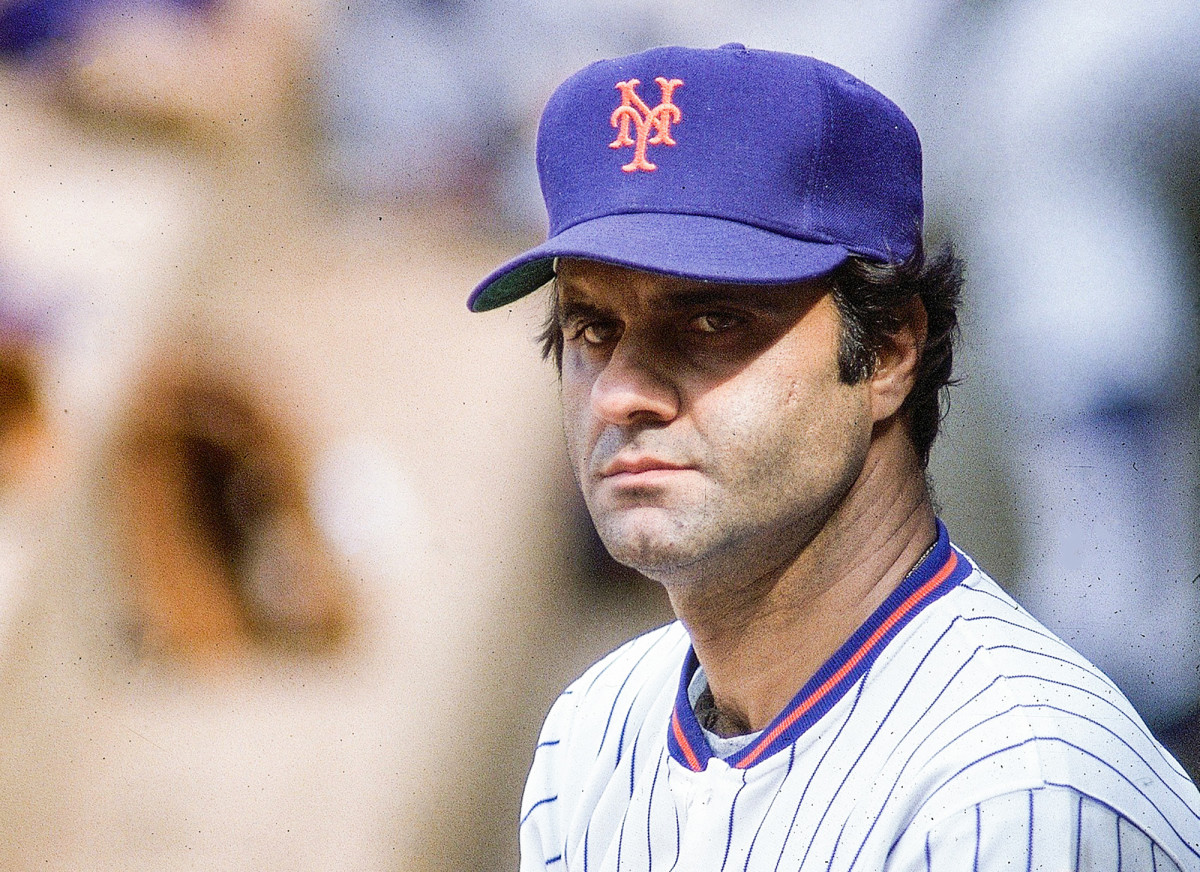
Joe Torre, DH
Because of his success as a Yankees manager—he won four World Series—his playing career is sometimes overlooked. A .297 lifetime hitter, the slow-footed Torre won a batting crown in 1971 (.363) without, to be sure, the benefit of legging out many hits.
Diagnosed and treated in 1999. Because he was managing the Bronx Bombers at the time, Torre’s surgery and willingness to talk about his disease, are considered major milestones in prostate cancer awareness.
Dusty Baker, RF
Had a solid 19-year career with two All-Star appearances. Like Torre, has become better known as a manager.
Diagnosed in 2001 and has spoken out about the disease. “I’m always pushing screening and early detection is the key,” Baker said in an interview several years ago.
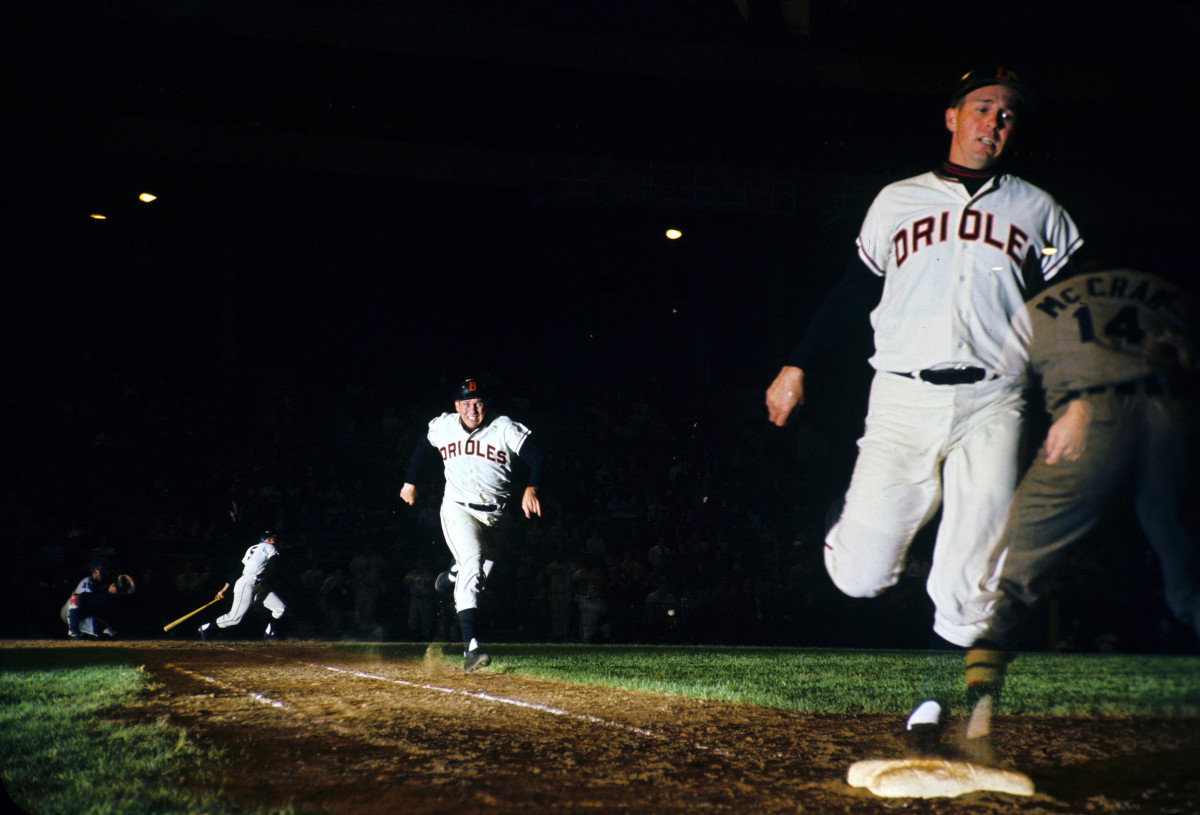
Brooks Robinson, 3B
Hall of Famer still recognized as perhaps the smoothest-fielding third baseman in history. Played in 18 All-Star games.
Diagnosed in 2009. Does not talk much about the disease but revealed that he had 39 radiation treatments.
Phil Niekro, starting pitcher
The knuckleballer won 318 games in 24 major league seasons, a record 121 of them after he turned 40, numbers that got him into the Hall of Fame.
It’s uncertain when Niekro was diagnosed with prostate cancer, but he died of the disease last December. Not all stories are positive.
Gregg Olson, relief pitcher
Played with nine major league teams and in 1989 became the first reliever to win the American League Rookie of the Year Award.
Revealed his diagnosis in a tweet six months ago and underwent surgery the following month. Olson is now a scout for the Padres.
Rob Gardenhire, manager
Had five seasons as a scrappy utility infielder for the Mets, scrappy being another word for a .232 lifetime batting average. Won an even 1,200 games as a major league manager with the Twins and Tigers but never made it to the World Series. Known mostly for getting ejected, which he managed to do 73 times in 13 seasons with the Twins. So Torre and Baker should stay ready.
Diagnosed in 2017 in the middle of spring training. Got the Tigers job after that but retired last season and plans to spend much of his time watching the Triple A St. Paul Saints, managed by his son, Toby.
